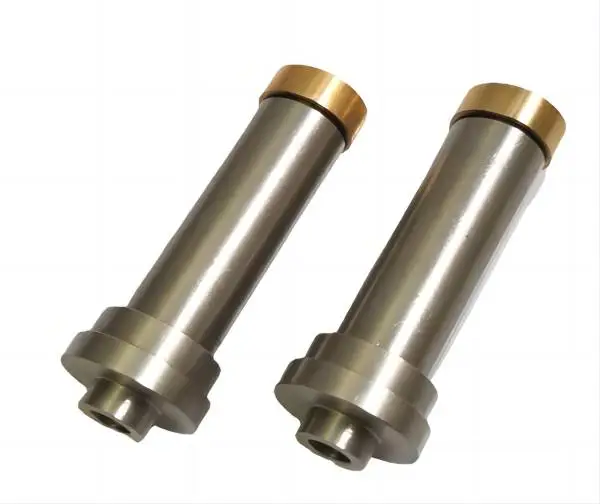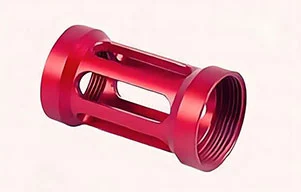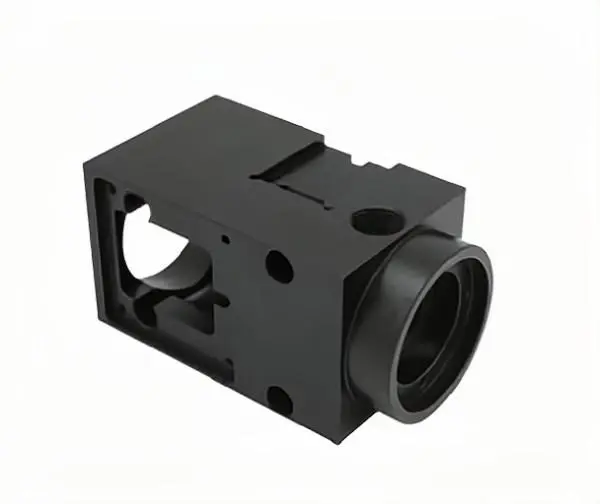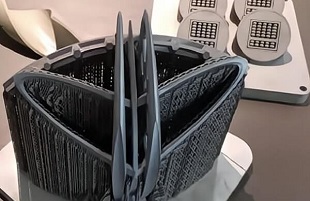Advantages of CNC Prototyping for Producing Mechanical Structural Stainless Steel Parts
CNC (Computer Numerical Control) prototyping has several advantages when it comes to producing mechanical structural stainless steel parts. Some of these advantages of custom CNC prototyping include:
Precision: CNC machines are capable of very high precision, which means that the parts produced are very accurate and consistent. This is particularly important for mechanical structural parts, where even small errors in dimensions or tolerances can cause significant problems.
Speed: CNC machines are very fast, which means that parts can be produced quickly and efficiently. This is particularly useful for prototyping, where the ability to iterate quickly can be crucial.
Customization: CNC machines can be programmed to produce a wide range of shapes and sizes, which means that parts can be customized to meet specific requirements. This is particularly useful for mechanical structural parts, where the shape and size of the part can have a significant impact on its performance.
Material flexibility: CNC machines can work with a wide range of materials, including stainless steel, which is a popular choice for mechanical structural parts due to its strength and durability.
Reduced waste: CNC machines are very efficient at cutting and shaping materials, which means that there is less waste produced during the prototyping process. This can help to reduce costs and improve sustainability.
Scalability: CNC machines can be used to produce small batches of parts, or large quantities of parts, depending on the needs of the project. This makes them a versatile choice for prototyping and production.
In summary, CNC prototyping is a highly effective method for producing mechanical structural stainless steel parts. Its precision, speed, customization, material flexibility, reduced waste, and scalability make it a popular choice for many industries in demand for precision mechanical parts.

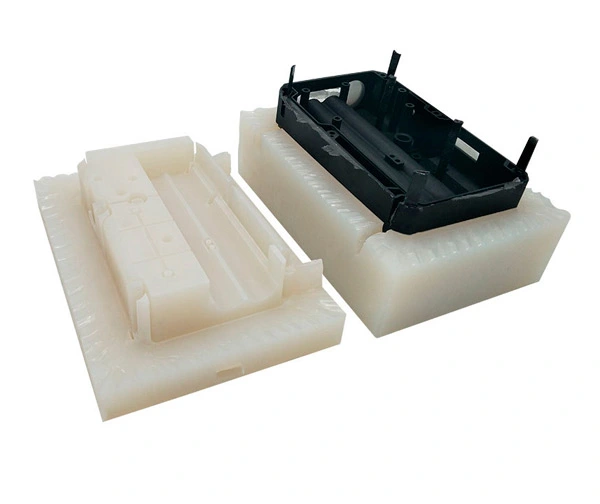
 EN
EN
 ja
ja  ko
ko  fr
fr  de
de  es
es  it
it  pt
pt  ar
ar  tr
tr  iw
iw 